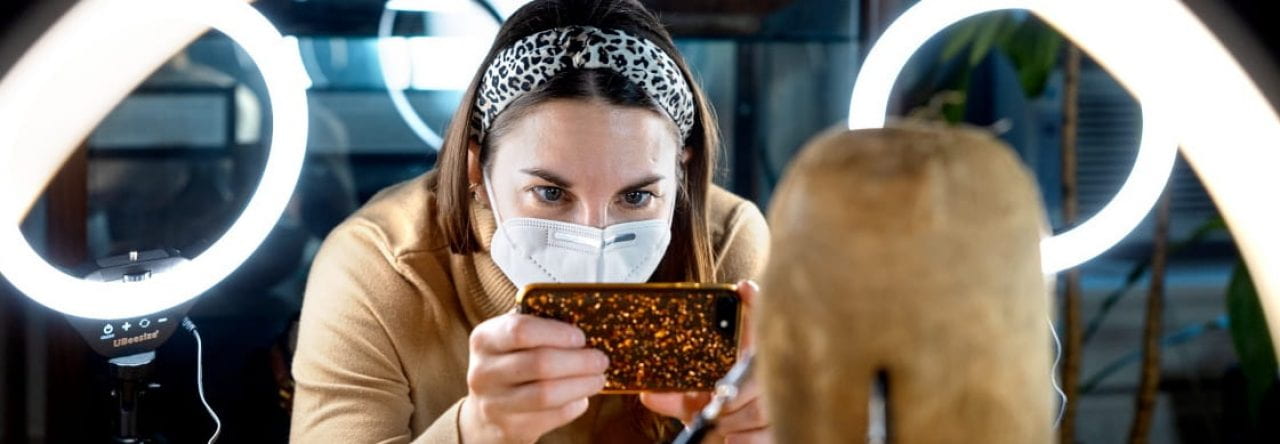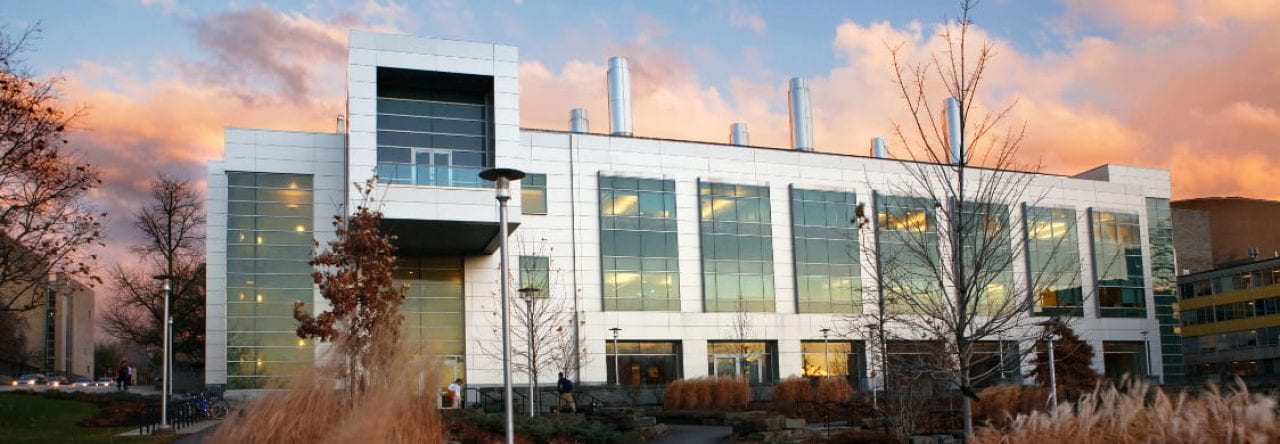Matthew DeLisa
Director of the Institute of Biotechnology
Institute of Biotechnology
William L. Lewis Professor
Smith School of Chemical and Biomolecular Engineering
Biography
Matthew DeLisa received his B.S. in Chemical Engineering from the University of Connecticut in 1996; his Ph.D. in Chemical Engineering from the University of Maryland in 2001; and did postdoctoral work at the University of Texas-Austin, Department of Chemical Engineering. DeLisa joined the Department of Chemical and Biomolecular Engineering at Cornell University as an assistant professor in 2003. He was promoted to associate professor in 2009 and to professor in 2013, at which time he was named the William L. Lewis Professor of Engineering. He also recently served as a Gastprofessur at the Swiss Federal Institute of Technology (ETH Zürich) in the Institut für Mikrobiologie.
Professor DeLisa’s research focuses on understanding and controlling the molecular mechanisms underlying protein biogenesis — folding and assembly, membrane translocation and post-translational modifications — in the complex environment of a living cell. His contributions to science and engineering include the invention of numerous commercially important technologies for facilitating the discovery, design and manufacturing of human drugs and seminal discoveries in the areas of cellular protein folding and protein translocation. DeLisa has received several awards for his work including an NSF CAREER award (2005), a NYSTAR Watson Young Investigator award (2004), a Beckman Foundation Young Investigator award (2005), an Office of Naval Research Young Investigator award (2006), and a NYSTAR Distinguished Faculty Award (2007), the inaugural Wiley-Blackwell Biotechnology and Bioengineering Daniel I.C. Wang award (2008), a Cornell Provost’s Award for Distinguished Scholarship (2009), the American Chemical Society BIOT division Young Investigator award (2010), and the Biochemical Engineering Journal Young Investigator award (2013). He was also named one of the top 35 young innovators (TR35) by MIT’s Technology Review (2005), was selected as the Allan P. Colburn Memorial Lecturer at the University of Delaware (2009), and was chosen to deliver the Keynote Lecture at the SIMB RAFT X Meeting (2013). Most recently, he was named the AIChE Division 15C Plenary Award Lecturer (2013), was selected to the IDA/DARPA Defense Science Study Group (2014-15), and was elected as a fellow of the American Institute for Medical and Biological Engineering (2014).
Research Interests
It has been suggested that life depends on 200-300 core biological processes, the vast majority of which are accomplished by large heterogeneous protein assemblies commonly referred to as machines. Unfortunately, the functional details of many cellular machines have yet to be described for lack of effective tools. In turn, this has hindered our ability to harness nature’s machines for tackling problems that cannot be solved with natural systems. The DeLisa laboratory is working to address this need by bridging fundamental biological and chemical concepts with new tools for interrogating and manipulating biological machinery directly in living cells. A major goal of the DeLisa group is to engineer the protein machinery of simple bacteria for solving complex problems in biology and medicine. They focus on the molecular machines of protein biosynthesis as both a target for understanding and reprogramming cellular function and as a toolbox for the creation of therapeutically and industrially relevant molecules. Their unique approach involves probing and exploiting the function and specificity of cellular protein machinery by integrating protein engineering – the science of redesigning natural biomolecular scaffolds – with microbial genetics, biochemistry and molecular biology to address these problems. The end result is a deep understanding of the complexities of intracellular protein machinery that can ultimately be used to inform the engineering of cellular processes for the purpose of discovery, design and production of a diverse array of useful products and processes.
- Molecular and Cellular Engineering
- Molecular Biotechnology
- Biomedical Engineering
- Biotechnology
- Drug Delivery and Nanomedicine
- Systems and Synthetic Biology
- Biomolecular Engineering
- Bioengineering
Teaching Interests
DeLisa’s contributions to teaching have focused on two concepts. First, to enrich the current chemical engineering curriculum by seamlessly integrating biology as a foundational science of our discipline. Second, to develop group-oriented learning experiences that expose students to engineering design, open-ended problem solving and, whenever possible, hands-on research. Recognition for his past teaching contributions was given by the College of Engineering in 2007 with the awarding of the Mr. & Mrs. Richard F. Tucker ’50 Excellence in Teaching Award.
Selected Publications
- . 2013.“Ubiquibodies: synthetic E3 ubiquitin ligases endowed with unnatural substrate specificity for targeted protein silencing.”Journal of Biological Chemistry.
- . 2012.“Twin-arginine translocase mutations that suppress folding quality control and permit export of misfolded substrate proteins.”Proceedings of the National Academy of Sciences of the United States109(33): 13392-13397.
- . 2012.“An engineered eukaryotic protein glycosylation pathway in Escherichia coli..”Nature Chemical Biology8(5): 434-436.
- . 2010.“Delivery of foreign antigens by engineered outer membrane vesicle vaccines.”Proceedings of the National Academy of Sciences of the United States107(7): 3099-3104.
- . 2009.“Synthetic metabolic pipelines.”Nature Biotechnology27(8): 728 – 729.
Selected Awards and Honors
- CAREER Award(National Science Foundation)2005
- Biochemical Technology Division Young Investigator Award(American Chemcial Society)2010
- Young Investigator Award(Biochemical Engineering Journal)2013
- Defense Science Study Group (DSSG)(IDA/DARPA)2013
- Elected Fellow(American Institute for Medical and Biological Engineering)2014
Education
- B.S. (Chemical Engineering), University of Connecticut, 1996
- M.S. (Chemical Engineering), University of Maryland, 1999
- Ph.D. (Chemical Engineering), University of Maryland, 2000
- Postdoctoral Associate(Chemical Engineering),University of Texas, 2001





